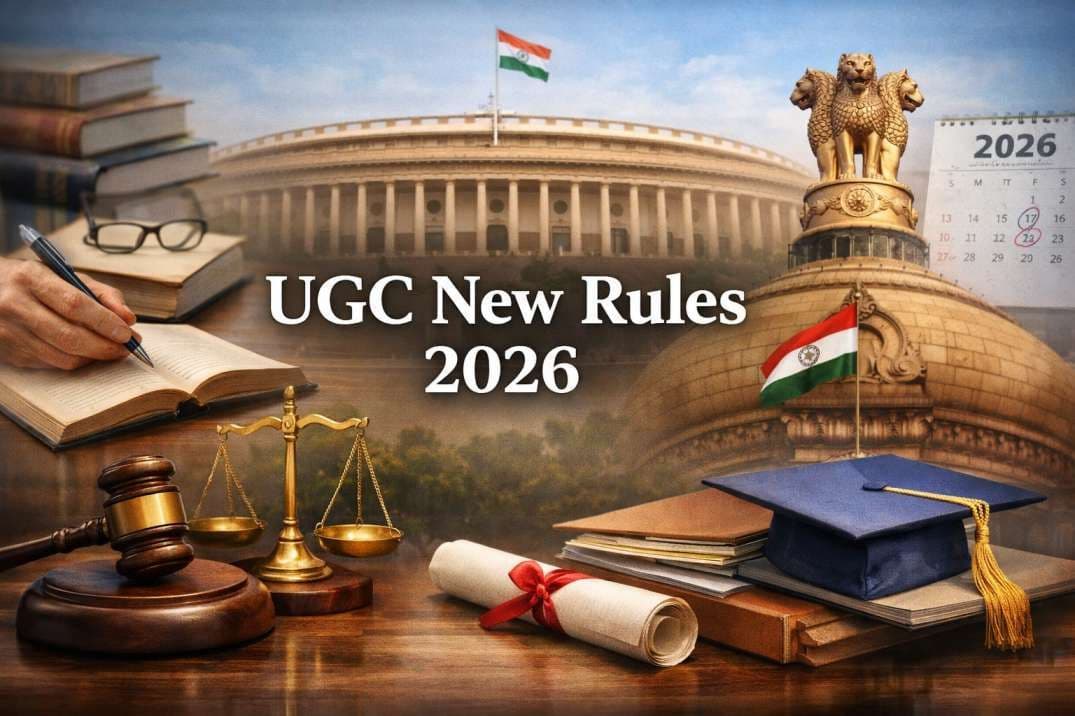Current Affairs 2024 - Preamble Challenged over “Socialist, Secular”
Feb, 2025
•3 min read
Introduction
The Indian Constitution, through its Preamble, establishes the foundational principles of the nation. The 42nd Amendment Act of 1976 introduced the terms "socialist" and "secular" to the Preamble, reinforcing India's commitment to social justice and religious equality. Recently, the Supreme Court upheld this amendment, affirming the constitutional validity of these terms and their significance in shaping India's socio-economic and political framework. This decision highlights the unique interpretation of secularism and socialism in the Indian context, aligning with the Constitution's fundamental principles.
The Constitutional Amendment and Its Scope
- 42nd Amendment Act, 1976:
- Added the words "socialist" and "secular" to the Preamble, emphasizing India’s commitment to social equality and religious harmony.
- The Preamble reflects the basic structure of the Constitution and cannot be amended to violate its core principles.
- Article 368:
- Empowers Parliament to amend the Constitution, including the Preamble, as upheld by the Supreme Court.
- The cut-off date of 26th November 1949 (when the Constitution was adopted) does not invalidate later amendments, provided they align with the Constitution's spirit.
- Judicial Validation:
- The addition of "socialist" and "secular" was upheld by the Supreme Court, affirming its compatibility with the basic structure doctrine.
- This decision reiterates the flexibility and dynamism of the Constitution to adapt to changing socio-political contexts.
Secularism in the Indian Constitution
- Unique Interpretation:
- India follows a model of secularism that respects all religions equally, rather than promoting a strict separation of religion and state.
- The SR Bommai Case (1994) affirmed secularism as a fundamental feature of the Constitution and essential for governance.
- Fundamental Rights:
- Article 25-28: Guarantee the freedom to profess, practice, and propagate any religion.
- Secularism ensures citizens have the liberty to choose and practice religion without state interference or favoritism.
- Equality and Non-Discrimination:
- Articles 14, 15, and 16: Prohibit discrimination on religious grounds, ensuring equality before the law and equal opportunities in public employment.
- Reinforces the state’s commitment to treating all citizens equally, irrespective of their faith.
- Uniform Civil Code (Article 44):
- The Directive Principle of State Policy (DPSP) encourages the government to work towards a Uniform Civil Code (UCC).
- UCC aims to ensure uniformity in personal laws, transcending religious boundaries, while not being restricted by the term secular in the Preamble.
- Contemporary Relevance:
- Secularism is integral to India's pluralistic society, fostering communal harmony and protecting minority rights.
Judicial Insights and Landmark Cases
- Kesavananda Bharati Case (1973):
- Established the basic structure doctrine, ensuring amendments cannot alter the Constitution's core values, including secularism and socialism.
- SR Bommai Case (1994):
- Reiterated secularism as an essential feature of the Constitution, linking it to the survival of democracy in India.
- Indira Sawhney Case (1992):
- Affirmed the state's role in ensuring social justice through affirmative action for socially and economically backward classes.
Contemporary Challenges and the Way Forward
- Challenges to Secularism:
- Increasing communal tensions and politicization of religion threaten the secular fabric of the nation.
- Uniform Civil Code debates often polarize communities, requiring sensitive and inclusive policy frameworks.
- Challenges to Socialism:
- Rising income inequality and unemployment hinder the realization of socialist goals.
- Privatization and market-driven reforms must align with social equity principles.
- Way Forward:
- Strengthen institutions to safeguard secular and socialist values.
- Promote inclusive development policies that address regional and community-specific disparities.
- Encourage public awareness and constitutional literacy to uphold the principles of justice, liberty, equality, and fraternity.
Conclusion
The addition of "socialist" and "secular" to the Preamble through the 42nd Amendment underscores India's commitment to fostering equality, justice, and communal harmony. These principles, deeply embedded in the Constitution's ethos, have guided India’s socio-political development. However, their relevance in contemporary times necessitates vigilance, sensitivity, and collaborative efforts to address emerging challenges. Upholding these ideals is essential for building an inclusive and united India, as envisioned by the framers of the Constitution.



Socialism in the Indian Context